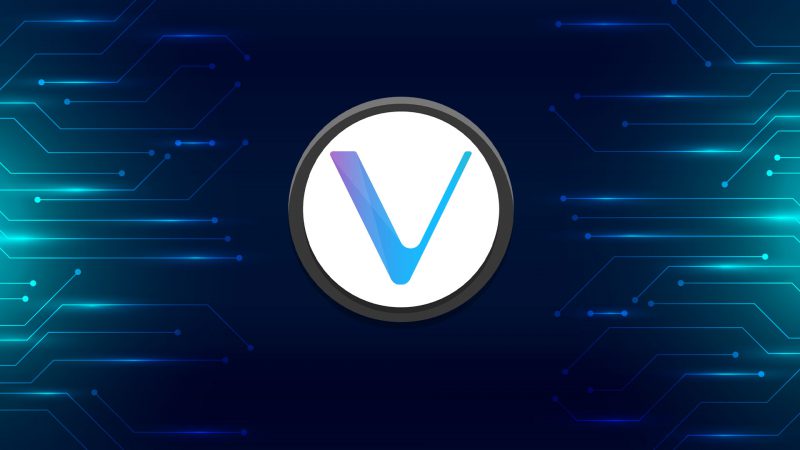VeChain is a relatively new blockchain platform that promises to revolutionize supply chain management. This platform is expected to solve many problems for manufacturers and consumers. Many companies across several industries are already implementing this solution. Here is an overview of how it works and five of its most notable applications.
How Does VeChain Work?
VeChain is a blockchain platform designed to enhance and streamline supply chain management. The platform’s original goal was to authenticate a product’s originality, but its uses now go beyond that.
VeChain combines a range of solutions. For example, it uses smart chip technology to track items throughout the supply chain. It also uses IoT and sensors to track the viability of perishable products such as food. Additionally, it uses self-executing smart contracts to authenticate and verify products for different uses, as will be discussed later. Consequently, this platform has a range of benefits for all parties involved, including:
- Manufacturers – Manufacturers are using this platform to ease and enhance supply chain management, thanks to its use of distributed ledger technology, helping them prevent costly and time-wasting mistakes. They are also using this solution to prevent counterfeiting, theft, and other liabilities in the supply chain, boosting consumers’ confidence.
- Consumers – Consumers also benefit from this solution by being able to authenticate products’ originality.
VeChain uses two tokens to power the platform: VeChain Thor Energy (VTHO) and VeChain Token (VET). The VTHO token powers the self-executing smart contract transactions, while the VET token transfers value across the network.
5 Applications of VeChain
VeChain already has dozens of uses and applications across multiple industries, including:
- Preventing Counterfeiting
Luxury product manufacturers are combining VeChain technology with smart chip technology to track individual products until they get to the customer. This has proven effective against counterfeits as manufacturers can tell what happens to products at each stage of the supply chain.
- Automotive Database
Vehicles are adopting smart technology that requires the sharing of data. Automotive manufacturers are using VeChain technology to develop and maintain impenetrable and tamper-proof databases. These databases can store a range of vehicle data, including registration, drivers’ licenses, and insurance.
- Clinical Trials Tracking
Bayer China is partnering with VeChain to track its clinical trials. The platform leverages blockchain technology to overcome most of the common challenges in the digital tracking of trials.
- Cold Chain for Logistics
A lot of food spoils and goes to waste during transport and storage. The food industry is combining IoT sensors with VeChain to track food’s viability, giving companies early warning to take additional measures to preserve the food.
- Going Green
The effects of global warming are undeniable, and companies have promised to reduce their carbon footprints and emissions. Consumers can compel companies to do this by tracking their carbon emissions for every product. VeChain makes this possible by improving transparency and accountability in the supply chain.
Conclusion
VeChain is already proving beneficial for many companies across multiple industries, and these five applications are just some of the most notable. It is also worth noting that this platform plans to improve transactions between IoT-connected devices and improve Initial Coin Offerings (ICOs).
For more crypto news keep it Watcher.guru





